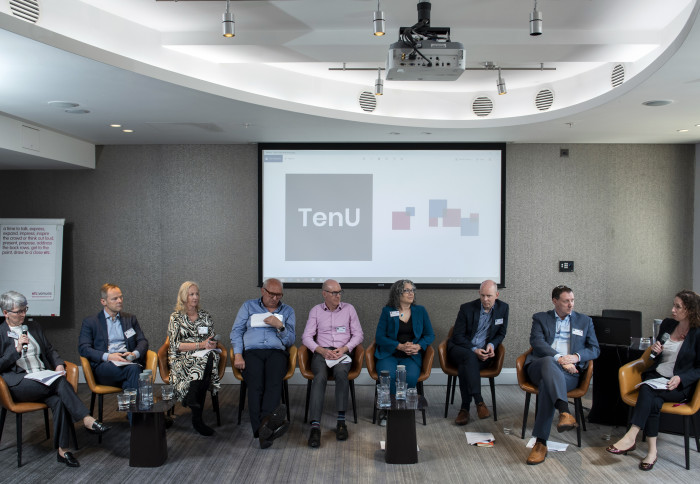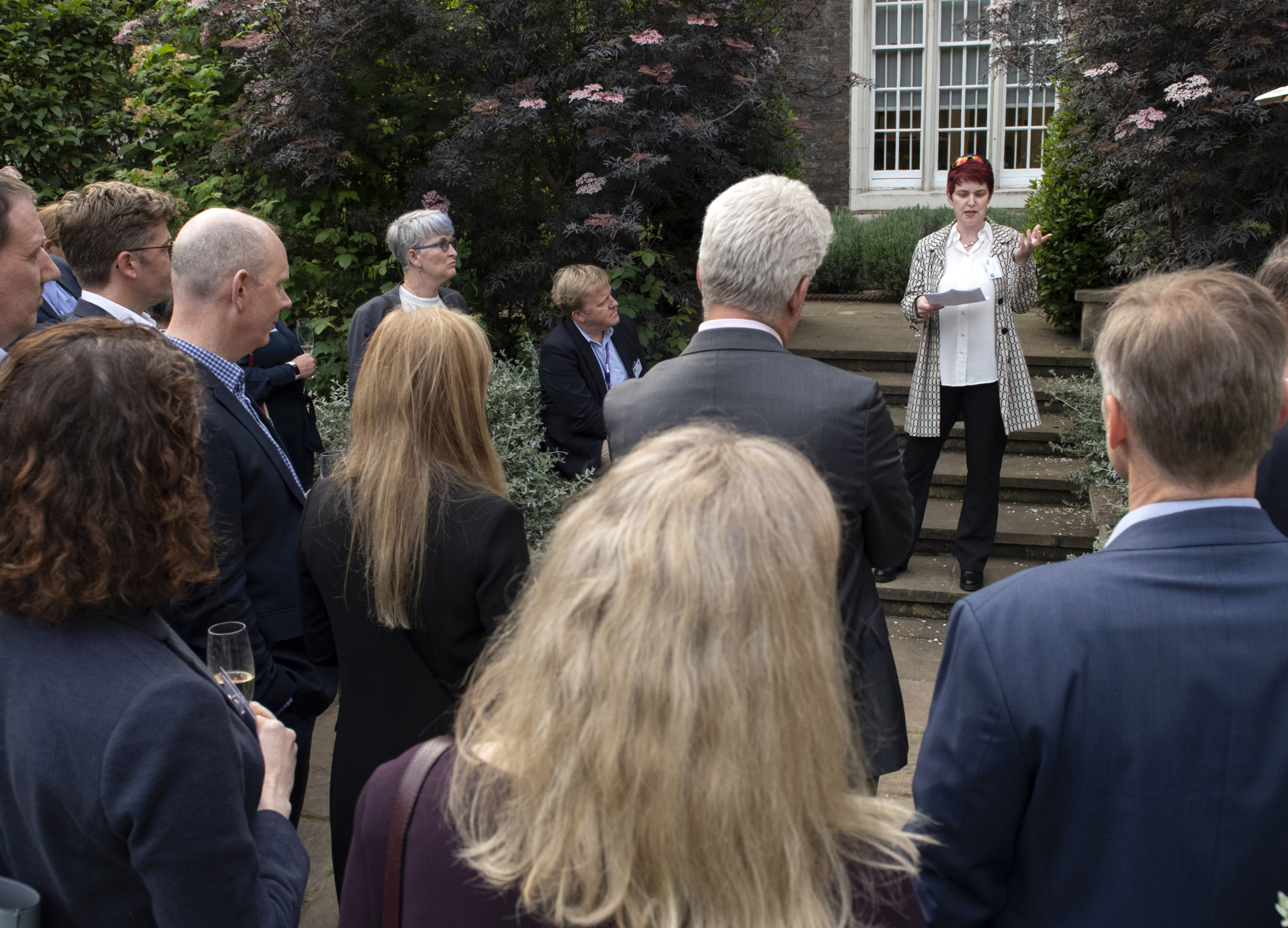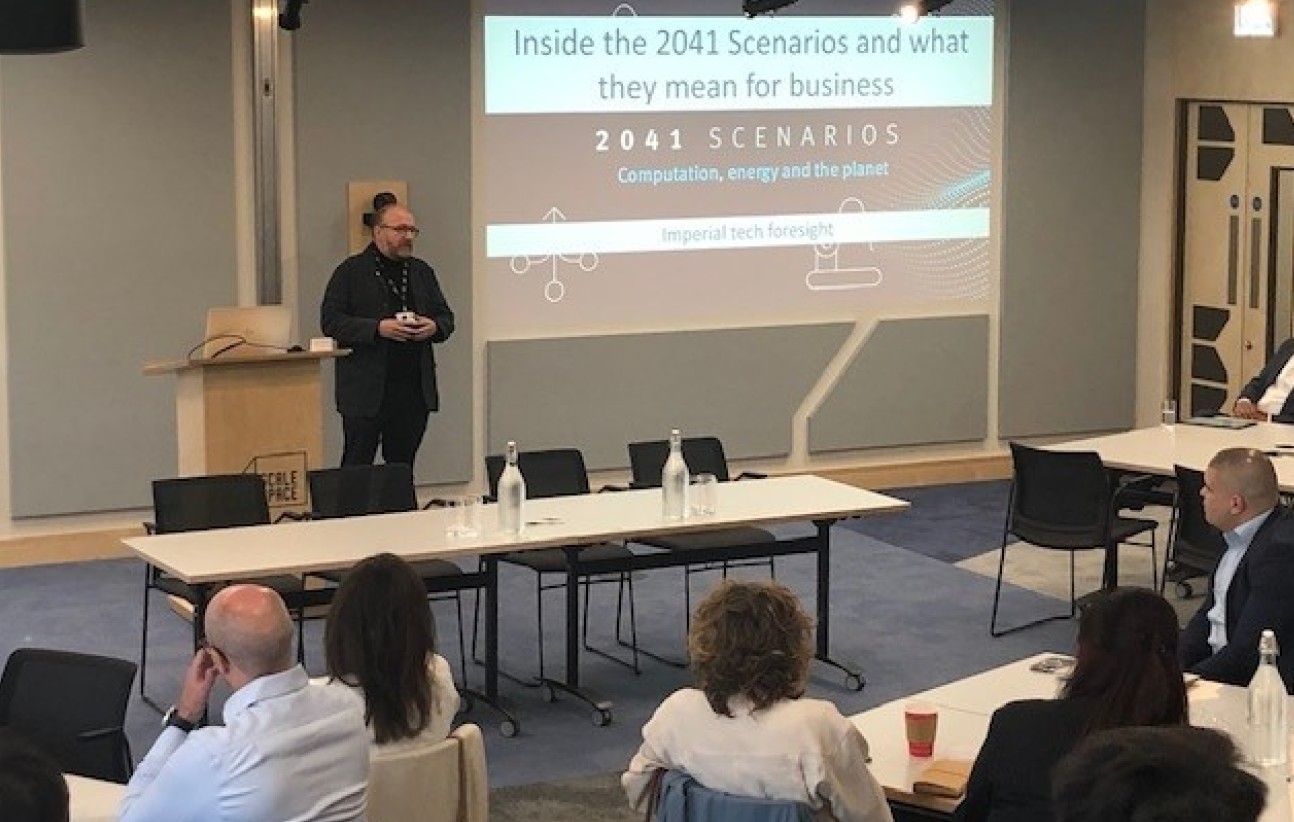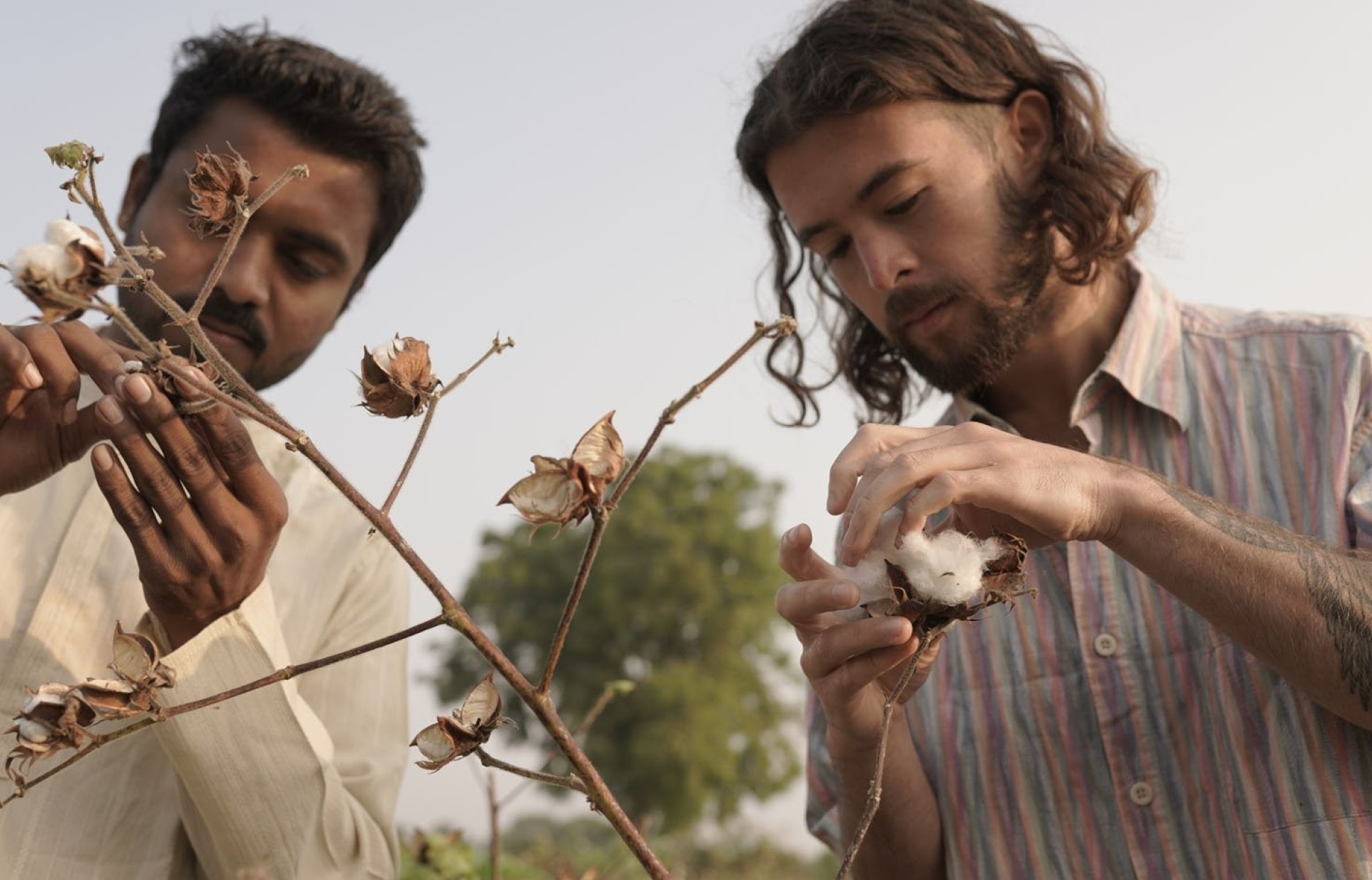New and familiar faces, plant power and seed funding for cotton company
by Mike Jones

As the summer kicks off, here are some of the latest fantastic enterprising updates from across Imperial College London.
Welcome to London: TenU leaders visit the capital
As founding members of TenU – 10 of the world’s most innovative universities’ technology transfer and commercialisation teams – we were delighted to not only welcome some of our colleagues to London to meet with science and technology ministers and civil servants, but also to host them at White City.
The event, jointly organised with UCL, featured important meetings at BEIS and other Whitehall offices, including meeting Science minister George Freeman MP, along with a special edition of the Global University Venturing podcast, in partnership with PraxisAuril.
 Among topics of discussion were building the role of universities in enabling the UK to become a science superpower and ensuring that the world’s top universities keep collaborating to sustain innovation relationships.
Among topics of discussion were building the role of universities in enabling the UK to become a science superpower and ensuring that the world’s top universities keep collaborating to sustain innovation relationships.
Given how often our paths cross with these world-leading institutes, either for commercial or research opportunities, these sorts of events are crucial to helping us raise the profile of university technology transfer with industry partners.
Going deeper into the 2041 Scenarios
Imperial Tech Foresight’s 2041 Scenarios have captured the imaginations of hundreds of people, who have been captivated by our visions of the future based on emerging technology and research from our innovators, inventors and scientific specialists here at the College. 
This month, Imperial Business Partners members had the chance to interrogate the scenarios further with the guidance of Imperial Tech Foresight, while also being able to ask interesting questions to some of the subject matter experts whose insights powered the work.
Seed funding for plant-based startup
Imperial-founded startup Materra (formerly HydroCotton) have announced $4.5m seed funding round to develop their technology and business proposition, driving sustainable solutions for the cotton farming sector.
With a drive to be planet-positive through reducing the natural resources needed to sustain the global demand for plant-based textiles, this new funding from investors including H&M Group and Invest FWD (BESTSELLER Group).

The cotton industry is worth around $40 billion annually. Working between the UK and Ahmedabad in India – the world’s largest cotton-growing country – the Materra team are tackling issues of crop resistance head-on by deploying innovative technology developed at Imperial.
With India and Pakistan, the world’s fifth biggest producer, experiencing historic heat waves that have decimated agriculture over the past six months, this funding is a timely reminder of the need to invest in technologies that mitigate the effects of climate change to ensure the survival of core industries and sectors that provide incomes for millions of people around the world.
Imperial’s Transition to Zero Pollution initiative and Global Development Hub are working with organisations and innovators at College and around the world to address the urgent issues associated with the climate emergency.
Plant power used to sustain electricity needs
As well as supporting sustainable farming, researchers at Imperial have supported one of the UK’s biggest energy companies explore the opportunities from plant-based power to generate electricity on demand.
Ecotricity commissioned Dr Gbemi Oluleye and Dr Semra Bakkaloglu through Imperial Consultants to provide technical and scientific expertise for a report about the potential of ‘green gas mills’ in the UK. The company also announced an £11m pilot project in Reading to demonstrate whether specially-grown grass could be a sustainable biomass alternative to fossil fuels, in case renewable energy production was to drop.
Direct to your inbox: Enterprise newsletter
For more stories and news from across the community,?subscribe to Imperial’s monthly Enterprise newsletter, which includes events, programmes, competitions and news and features from across the Division.
Article text (excluding photos or graphics) © Imperial College London.
Photos and graphics subject to third party copyright used with permission or © Imperial College London.
Reporter
Mike Jones
Enterprise